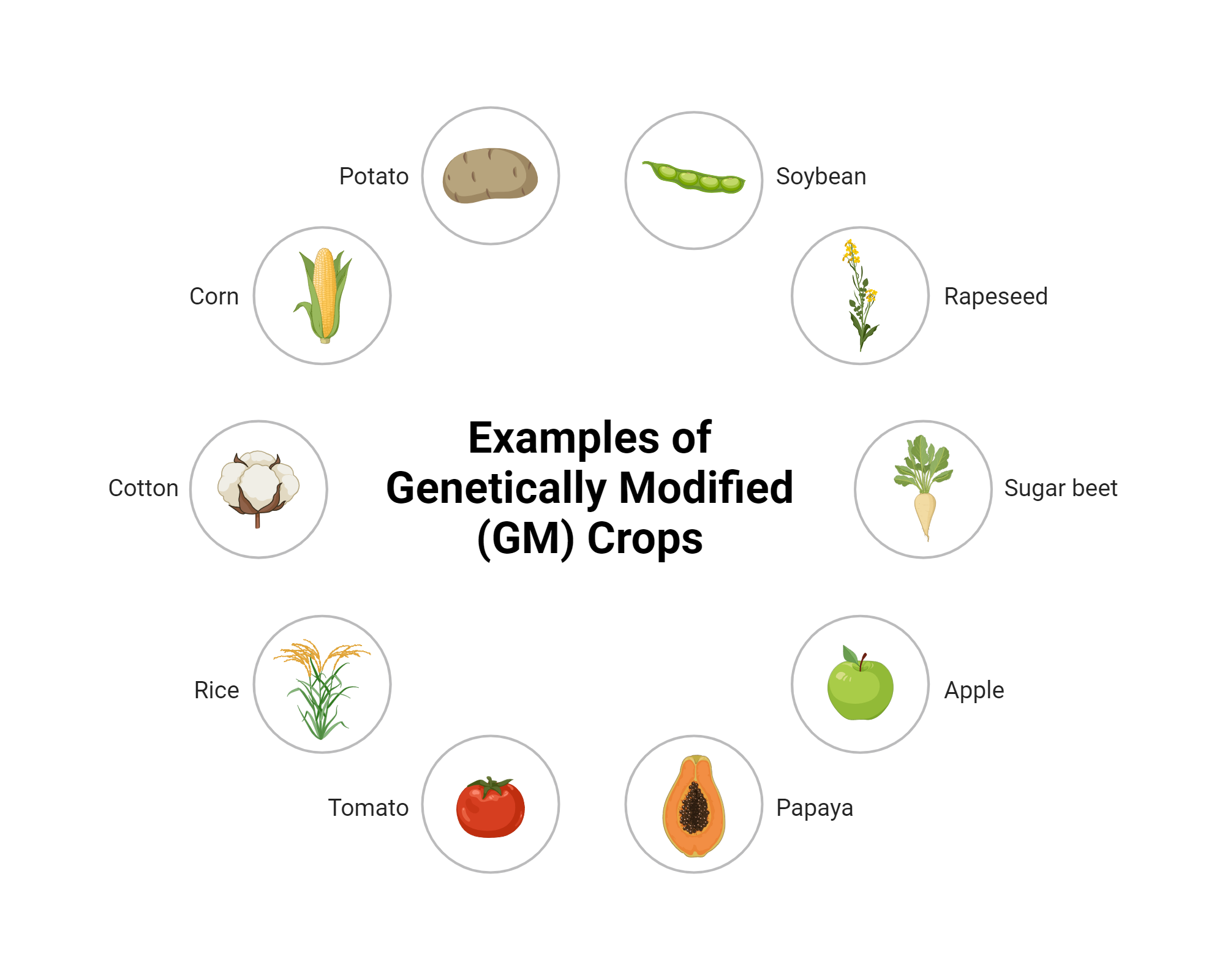A Journey of Discovery and Innovation
Chinechendo Eze is a Nigerian microbiologist and biotechnologist whose research focuses on genetically engineering crops to enhance their growth and resilience. As a doctoral student and graduate teaching assistant at the University of Louisiana at Lafayette, she has made significant contributions to the field of agricultural science. In this interview, she discusses her academic journey, the importance of genetically modified crops, and her vision for food security.
Early Academic Experiences
Studying microbiology in two Nigerian universities was a transformative journey for Eze. She earned her Bachelor’s degree from the University of Nigeria and her Master’s from Nnamdi Azikiwe University. The experience was rigorous, hands-on, and intellectually stimulating. Despite challenges like limited lab resources and large class sizes, she developed resilience, creativity, and a deep appreciation for scientific curiosity. Each institution had its unique strengths, which together provided a solid foundation in scientific reasoning and research.
After graduation, Eze started as a lecturer in microbiology at the University of Nigeria before moving to the United States for her PhD. Teaching, she says, is deeply fulfilling. She loves inspiring students to see how science shapes food, health, and the environment.
Transitioning to the United States
Eze’s move to the US was driven by curiosity and ambition. She wanted to contribute to science on a global scale, where research is well-supported, innovation is encouraged, and collaboration is valued. Securing admission into the University of Louisiana at Lafayette took months of preparation. She refined her statement of purpose, highlighting her teaching and research experience in microbiology, and reached out to potential advisors. Eventually, she connected with her supervisor, Dr Yi-Hong Wang, whose work aligned perfectly with her interests.
Shifting Focus: From Food Microbiology to Ecology
Eze majored in food microbiology for her master’s programme but now focuses on ecology and evolutionary biology for her PhD. This transition, she explains, is a natural progression. Her master’s work focused on how microorganisms influence food safety, preservation, and quality. Now, in her PhD, she uses microbes such as Agrobacterium tumefaciens to introduce genes into plants. Both paths share the same goal: using biology to advance sustainability, whether through safer food or more resilient crops.
Impact of Genetic Engineering on Society
Eze’s PhD research focuses on the genetic engineering of crops to enhance growth and resilience. She studies genes that control plant size, biomass, and stress tolerance, particularly in rice, maize, millet, sugarcane, and sorghum. Using Agrobacterium-mediated transformation and CRISPR gene editing, she introduces or modifies specific genes and examines their effects on growth and productivity. The goal is to create crops that thrive in challenging conditions, requiring less water, resisting diseases, and still yielding more. This research could make a major difference for global food security, especially in drought-prone or degraded regions.
Addressing Concerns About Genetically Modified Crops
There are fears and concerns about the safety of genetically modified (GM) crops. Eze acknowledges these fears but emphasizes that they largely stem from misinformation. GM crops are among the most thoroughly tested foods in the world. Before any GM crop reaches consumers, it undergoes rigorous testing for safety, nutritional value, and environmental impact. The global scientific consensus is clear: current GM crops are as safe as non-GM ones. She explains that crops are genetically modified to solve real problems like pests, drought, and nutrient deficiencies.
Vision for the Future of Food Security
As a food security advocate, Eze envisions a future where innovation, sustainability, and inclusiveness drive food production. Climate change, soil depletion, and population growth are major challenges, but they also create opportunities for bold solutions. From genetic crop improvement to microbial soil treatments and precision farming, a wave of innovation is transforming agriculture. For Eze, the future of food security must be both scientifically driven and socially conscious.
Strategic Approaches for Food Security in Nigeria
If appointed by the Nigerian Minister of Agriculture, Eze would prioritize strengthening agricultural research and innovation. She would invest in biotechnology and crop improvement to develop high-yield, climate-resilient varieties suited to local soils. Universities and research institutes must be equipped with modern laboratories, strong funding, and mentorship programmes for young scientists. She would also bridge the gap between science and the farmer by establishing community innovation hubs and demonstration farms. Finally, she would focus on building value chains and reducing food waste through investments in cold-chain infrastructure, rural roads, and agro-processing.
Beyond Academics: Teaching and Community Work
Eze is actively involved in teaching, community outreach, and humanitarian work. As a graduate teaching assistant, she teaches undergraduate biology labs and helps train new teaching assistants. Beyond academics, she is part of professional bodies like Sigma Xi and Mothers in Science, participating in mentorship programmes and science communication initiatives.
Challenges and Future Goals
Balancing doctoral research, teaching, and family life in the US is not always easy, especially as a mother of four. However, Eze credits resilience, time management, and a strong support system for helping her navigate these challenges. In five years, she sees herself leading a research and training programme in biotechnology, building bridges between African and global research institutions.
Lessons from the US
Eze admires three things about the US: accountability, respect for time, and investment in research. She believes Nigeria can strengthen these areas to improve governance, education, and scientific progress. Louisiana has been a welcoming place, offering a warm, vibrant community and a rich food culture.
Advice for Aspiring Students
Eze advises Nigerians aspiring to study or work in the US to believe in themselves and prepare well. She encourages them to research schools, reach out to professors, and put their best foot forward in applications. Once in the US, she advises them to stay focused, humble, and take advantage of every learning opportunity. Most importantly, she urges them to never forget where they come from and use their education to give back.
